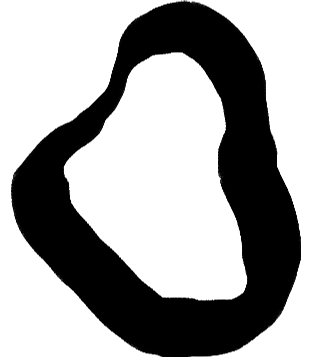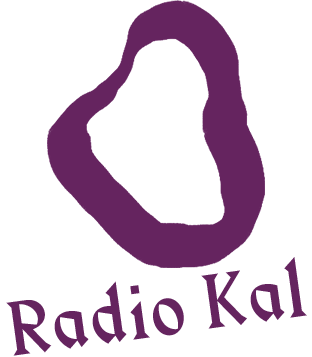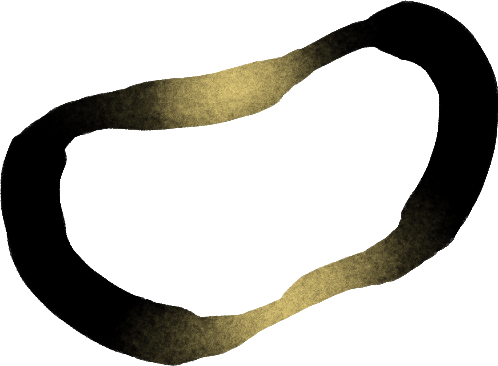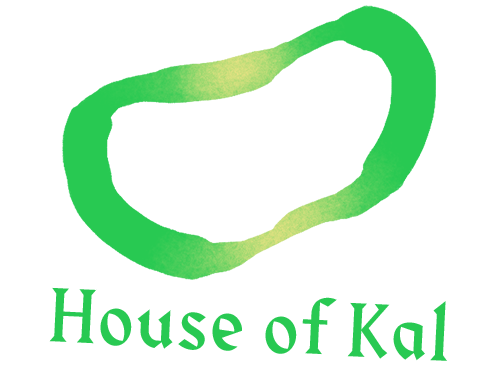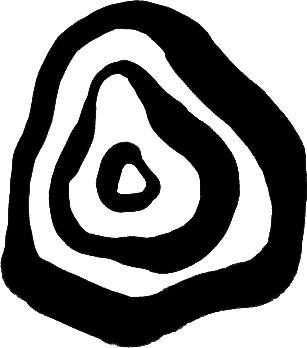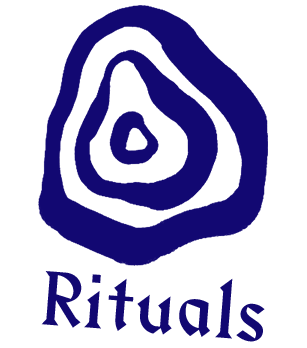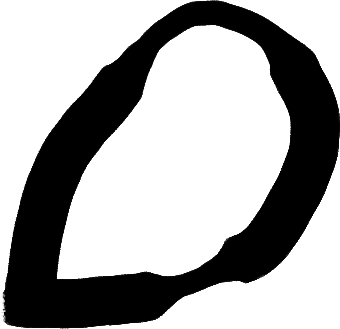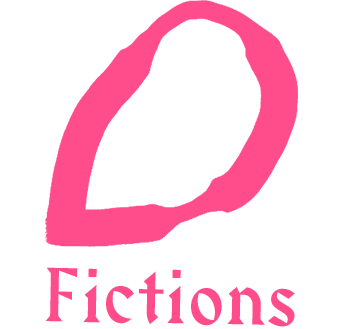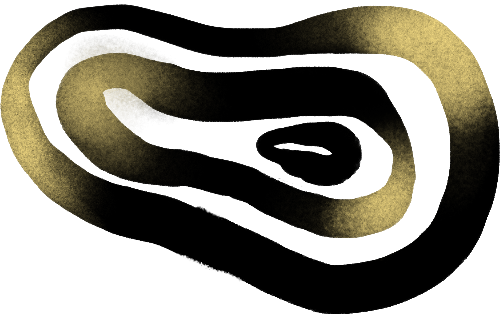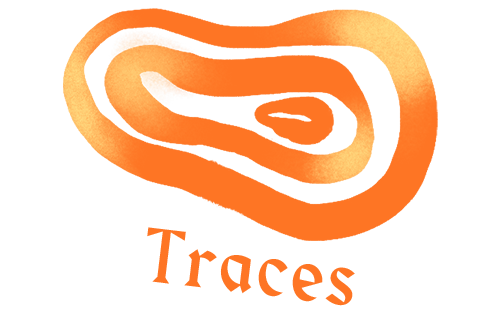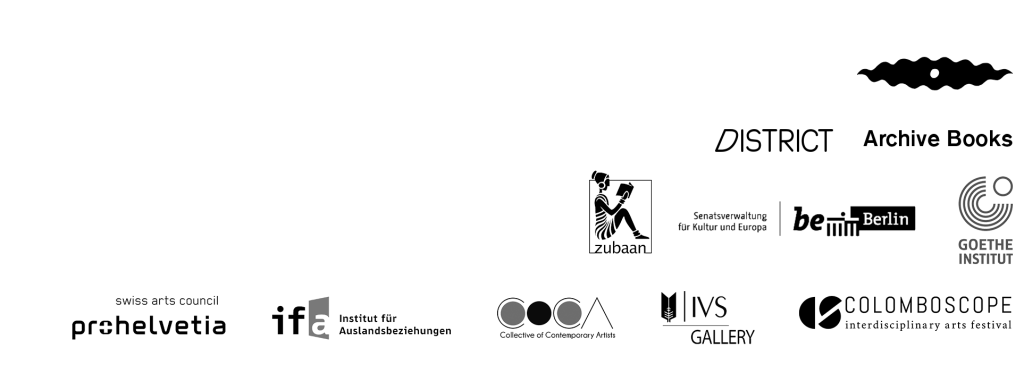Allah you gave us a language
where yesterday and tomorrow
are the same word. Kal.
A spell cast with the entire
mouth. Back of the throat
to teeth. Tomorrow means I might
have her forever. Yesterday means
I say goodbye, again.
Kal means they are the same.
[…]
Fatimah Asghar, Kal, 2018

A trans*oceanic platform for slow approaches, performative interventions and poetic strategies in visual and literary forms, kal traces decolonial and feminist futures and pasts that are connected through bodies of water lapping at different shorelines.
Gathering artists and writers from South Asia, the South Asian diaspora and post-migrant Europe, kal unfolds in multiple strands including a series of publications, a DIY radio channel called radio kal, and the three Houses of Kal – a constellation of feminist infrastructures for transdiciplinary and collaborative art practices & alternative pedagogies in Karachi, Colombo and Berlin.
The title takes inspiration from Fatimah Asghar’s poetic invocation of the Hindi-Urdu word ‘kal’. Expressing a time beyond the here and now, the meaning of ‘kal’ moves fluidly and shifts its meaning based on who speaks, from where and when. Passing between inside and outside along the movement of tongues, ‘kal’ is a queer word that cannot be fully explained, denoting ephemerality and transience.
Thinking of the body as a site of memory and of speculation, kal looks towards forgotten and imagined radical futures of yesterday and tomorrow, disrupting binary contours of time or being. Thematic strands of kal focuse on the fabulation of ecologies after patriarchy and colonialism, capitalism and gender, and on decolonial feminist imaginaries and their ancient and futurist ways to interrogate and counter racism, Islamophobia and fascism.
As kal unfolds in current pandemic time and amidst deep ecological and social transformations, so does our shared language and programming. kal is a platform for learning/imagining and practicing vocabularies at the crossings of art, feminisms and eco-politics that articulate radically different ways of being alive together in entangled futures, pasts and present.
a language where yesterday and tomorrow are the same word. kalis co-initiated by Aziz Sohail and The Many Headed Hydra. The Houses of Kal are curated and cared for collectively by Aziz Sohail, Aziza Ahmad, Fiza Khatri, Promona Sengupta, Sandev Handy, Sakina Aliakbar, The Many Headed Hydra, and Zahabia Khozema.
This trans*oceanic platform is a collaboration with Archive Books, COCA Collective Colombo, District*School Without Center, Goethe Institut Sri Lanka, Goethe Institut Pakistan, IVS Gallery Karachi, nGbK, and Zubaan Books supported by the Department for Culture and Europe in the Berlin Senate, Goethe Institut South Asia, the Swiss Arts Council Pro Helvetia and ifa.
Curatorial Team
The Many Headed Hydra (TMHH) collective is dedicated to queer and feminist ecologies, myth making and situated practices that emerge from bodies of water. TMHH collaborates with inhabitants of different lands and seas to cross-connect queer*feminist and decolonial research, art making, and publishing. TMHH uses ritual and fiction, shape-shifting collectivities and storytelling to set resistant knowledges into motion. TMHH’s magazines are a performative device – they circulate as rumours, gatherings, printed matter, performances, exhibitions, radio broadcasts, evocations . . .
TMHH was founded by Emma Wolf Haugh and Suza Husse in 2015. Together with Aziz Sohail they co-initiated and cared for a language where yesterday are the same word. Kal.
Suza Husse enjoys working and loitering across different fields with an interest in collaborative and performative practices, aesthetics of transformation, multi-species living, undisciplinary knowledge cultures and political imagination. Since 2012, she has been co-shaping the queer*feminist art and community space District Berlin. With her collective The Many Headed Hydra co-initiated and curated a language where yesterday are the same word. Kal.
Aziz Sohail is an art curator, writer and researcher whose work is focused on building interdisciplinary connections and supporting new cultural and pedagogical infrastructures. Since 2020, with The Many Headed Hydra, he has been co-leading a language where yesterday are the same word. Kal. His current research is a meditation on the longue-duree intersections of sexuality and colonialism with migration, law and identity through the work of practitioners who navigate empire(s) and its afterlives.
Fiza Khatri is an artist and curator from Karachi, Pakistan She is expected to receive her MFA from the Yale School of Art in 2023, and received a BA in Studio Art from Mount Holyoke College in 2015. Recent exhibitions include the solo ‘Sailoon and Other Stories’ at Jhaveri Contemporary, Mumbai (2021), ‘Is it Possible to Live Outside of Language?’ at IVS Gallery, Karachi (2019); ‘Unmaking History’ at The Research and Publication Center, Lahore (2019); Open Studio for the Mixed-Media Artist Residency at Photo Kathmandu (2018); ‘River in an Ocean’ a Lahore Biennale Collateral, Lahore (2018); ‘Living Threads’ at The New York Studio School, New York (2015). Fiza is the co-curator of the House of Kal Karachi in 2021.
Promona Sengupta is an academic, an activist and a curator based in Berlin. She co-founded Mo’Halla along with Jyothidas KV and Prabhas Tripathy, a pop-up space for progressive art, culture and politics. In the frame of kal she draws inspiration from worldbuilding, science fiction and anticolonial activism to engage in exercises in liberatory speculation. With Speaking Barnacular: Watery Sanctuaries she proposes to look at swimming, flotation and altered states of human consciousness under water as socio-politically rooted practices of dissident history and material culture. Promona is a co-curator of radio kal.
Sakina Aliakbar is a writer, editor, filmmaker, actor, educator and an evolving music artist. Her work conceptualised in Melbourne, Australia, where she undertook postgraduate studies in Creative Writing & Publishing. She is now focusing on sexuality, identity and race studies with an alternative twist. She is interested in the criticisms of the arts field across diverse mediums – prose, audio and film, as well as developing progressive and creative curriculums for young children. Sakina is the assistant curator for House of Kal Colombo 2021.
Sandev Handy is an artist, curator and art educator based in Colombo, Sri Lanka. He serves as the Assistant Curator at the Museum of Modern and Contemporary Art Sri Lanka and is one part of an artist collective called the Packet. Sandev has worked as part of the education staff at the Institute of Contemporary Art in Boston (2017), and serves as a dialogue facilitator and instructor at the Arts Bridge Summer Institute for students from Palestine and Israel. His research and practice currently cycles between fugitive pedagogies, Afro-Asian networks of solidarities, and the malleability of the body in its relationship to various technologies of power. His work has been shown in Sri Lanka, India, Iran, Pakistan, New Zealand, and the United States. Sandev is the curator of the House of Kal Colombo in 2021.
Zahabia Khozema is a Karachi-based artist, curator and writer. She received a BA in Mass Communication from the University of Karachi and a BFA from the Indus Valley School of Art and Architecture in 2016 and 2020 respectively. Khozema is interested in politics and policy making in general and the politics of the marginalised in particular. Her area of inquiry looks at different resistance social practices against the violence of class, race, ethnicity, gender and sexuality. She is currently program coordinator for the VM Art Gallery in Karachi. Zahabia is the assistant curator for the House of Kal Karachi in 2021.
